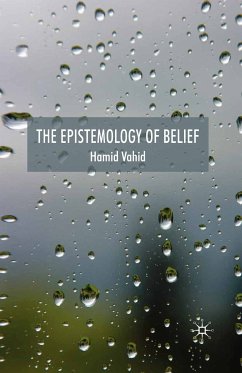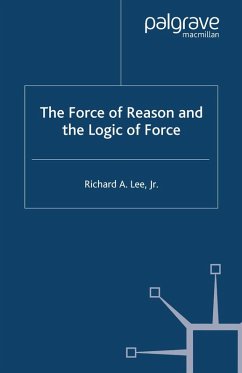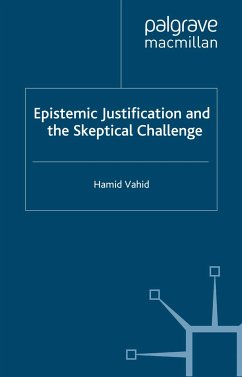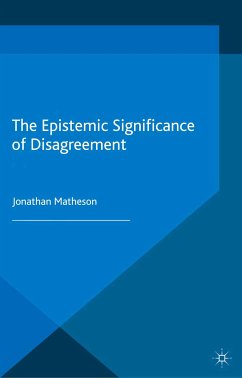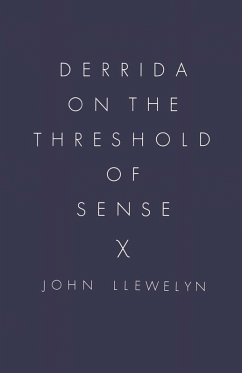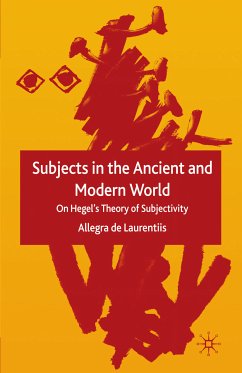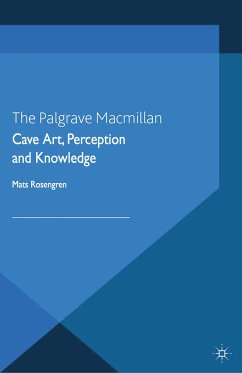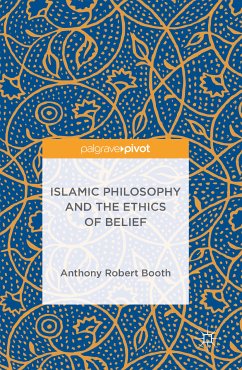This book offers a challenge to certain epistemic features of belief, resulting in a unified and coherent picture of the epistemology of belief. The author examines current ideas in a number of areas, beginning with the truth-directed nature of belief in the context of the so-called 'Moore's paradoxes'. He then investigates the sensitivity of beliefs to evidence by exploring how sensory experiences can confer justifications on the beliefs they give rise to, and provides an account of the basing relation problem. The consequences of these arguments are carefully considered, particularly the issues involving the problem of easy knowledge and warrant transmission. Finally, he focuses on the purported fallibility of beliefs and our knowledge of their contents, arguing that the fallible/infallible distinction is best understood in terms of externalist/internalist conceptions of knowledge, and that the thesis of content externalism does not threaten the privileged character of self-knowledge.
Dieser Download kann aus rechtlichen Gründen nur mit Rechnungsadresse in A, B, BG, CY, CZ, D, DK, EW, E, FIN, F, GR, HR, H, IRL, I, LT, L, LR, M, NL, PL, P, R, S, SLO, SK ausgeliefert werden.

